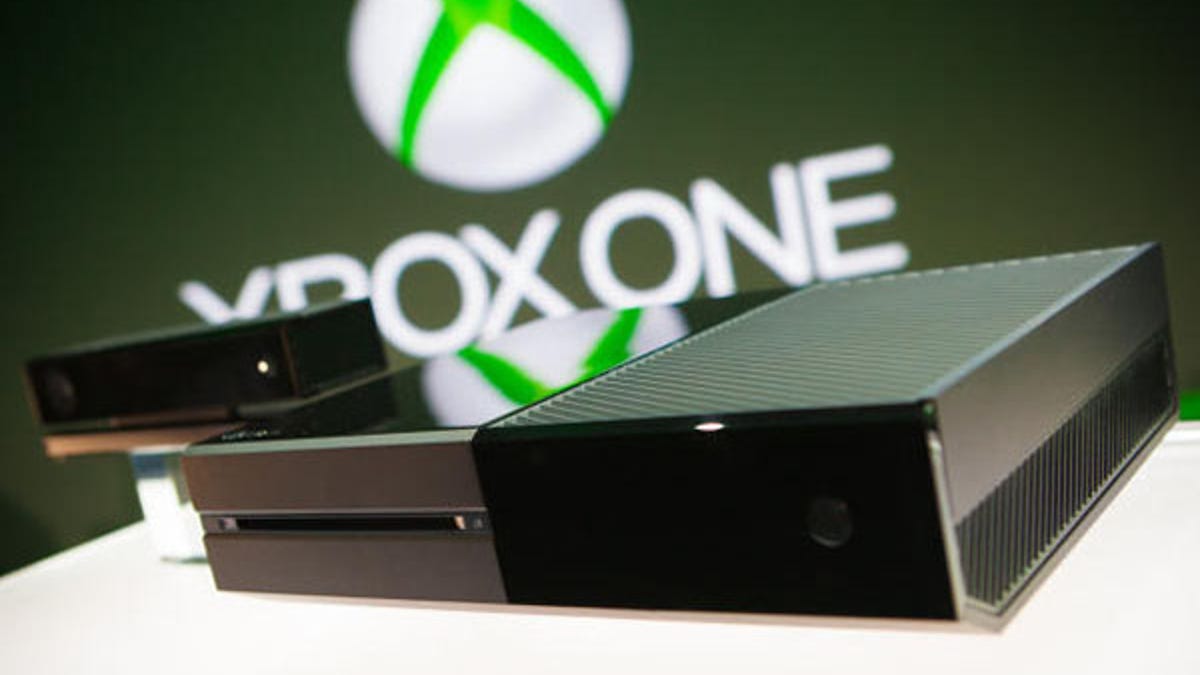Xbox One: Microsoft should have stuck to its guns
More and more policy reversals have made Microsoft's console look like a comedy of errors.

Should Microsoft have stayed firm on the Xbox One?
(Credit: James Martin/CNET)
George Bernard Shaw famously said, "those that cannot change their minds cannot change anything". Microsoft seems to have taken that a little too firmly to heart.
Earlier this week, it emerged that the Xbox One won't require the Kinect sensor to be plugged in and turned on in order to operate — something that Microsoft execs had previously claimed would be mandatory.
Before that, we'd been told that the new Xbox One controller and Kinect worked together as a cooperative unit, adding extra dimensions of control.
It marks yet another apparent reversal of policy as Microsoft seemingly struggles with the swell of negative feelings that the Xbox One has generated.
Whether it's an actual change or just a case of a Microsoft executive misspeaking doesn't matter — it looks like, and was reported as, a policy shift for its upcoming next-gen console.
When Microsoft first unveiled the Xbox One, it seemed to have a very clear vision of the device in mind. This was an all-in-one entertainment solution. You want gaming? Bam! You got it. TV? It's here, too. Sport? We got you covered. Social media? You know it.
It was, according to Microsoft, an always-on master device that would utterly change your lounge room.
But now, it's looking like a different beast. The removal of the daily online check-in has also removed the Xbox One's rather excellent digital game lending. Gone, too, is the pervasive nature of your games library. Whereas the original vision was to make all of your games available from any Xbox One (including games you'd physically bought from a store), now only digital games can follow you anywhere.
It's hard to know whether the removal of these features is any real great loss. For my money, though, these were the kinds of innovations that I wanted from a next-gen console. It seemed like Microsoft was really pushing the limits of what a connected console could do.
The same went for cloud processing — the idea that, as we were told by Microsoft Australia's Jeremy Hinton, "for every Xbox One in a lounge room, you have the processing power of three more available in the cloud". Obviously, this isn't possible with an offline console.
But, more importantly, Microsoft should have just stuck to its guns about these features if the company believed they were worthwhile. It should have stood by its bold vision of what it wanted the Xbox One to be.
By stripping back features and changing aspects of the Xbox One after launch, it looks like it's bowing to gamer outrage. It displays a lack of confidence that the console could speak for itself.
It's also allowed rival Sony to look strong by comparison, without really having to do much.
As Australian gaming journalist David Rayfield put it:
Microsoft: “No wait, the NSA hasn’t…we don’t…MS points…no there’s wait…is a headset…uh…Kinect isn’t…um…wait…” Sony: “Yo, you see E3?”
— David Rayfield (@RaygunBrown) August 12, 2013
For what it's worth, I think both the Xbox One and PlayStation 4 will be fine consoles with good features and great exclusive games that will make it worth buying either or both.
But I'm not sure we're getting more than just iterative changes anymore. Next generation shouldn't just mean faster processing power and better graphics. It should mean face-melting new features that you'd barely dared to dream of. It should mean pushing the envelope of what technology can do.
Most importantly, it's shouldn't mean listening to gamers who are scared of change, and ending up looking like you're afraid to move forward.

